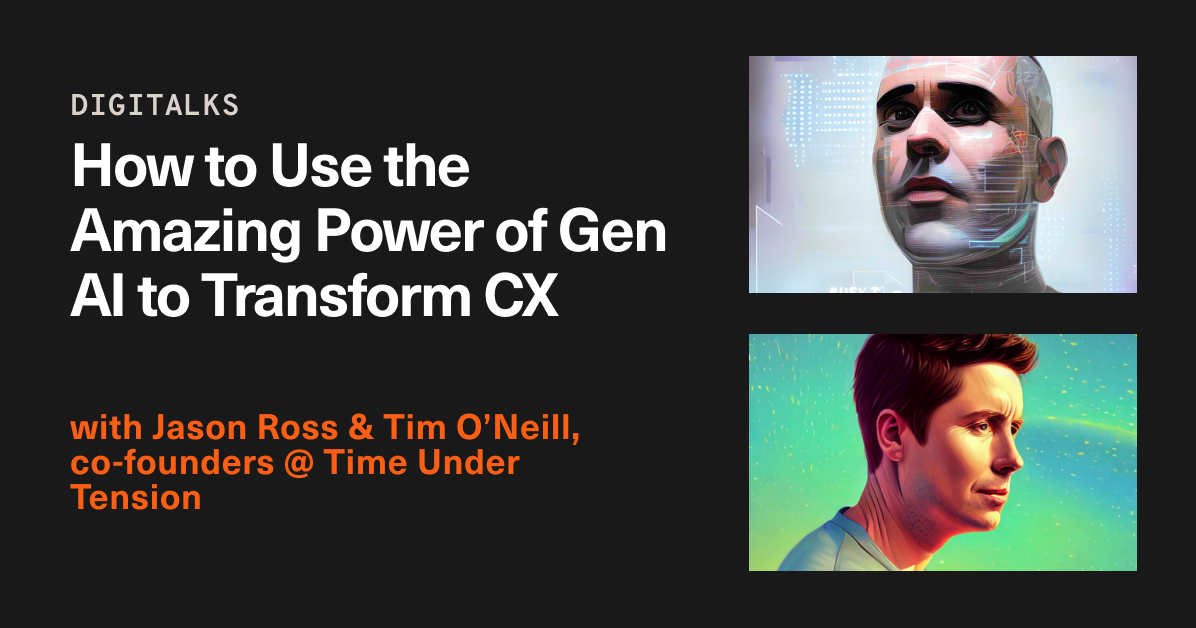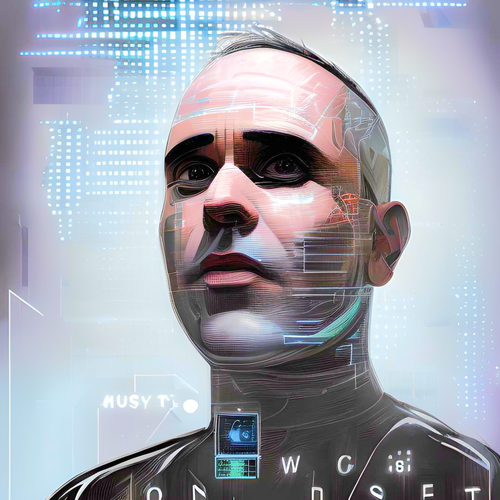Key Takeaways
- AI can empower employees across industries. From automating tasks in education and healthcare to providing real-time support in government services, AI can free up employees to focus on more strategic and impactful work.
- Start small with AI pilots focused on employee challenges. Look for tasks that overwhelm or bore employees, taking them away from high-impact work.
- AI can inform further innovation. Large language models can analyse data to identify areas where AI can be most beneficial.
It might seem like we’re in the eye of a storm right now with so much ‘noise’ about AI, but let me share from experience—you don’t need to start with a ‘big bang’ project.
Since we began our AI journey at KPMG 12 months ago where we implemented our own secure internal version of ChatGPT, and now have more than 48 different personas, AI has become a transformative force across various industries including education, healthcare, and government. Primarily, it can serve as a tool for empowerment and productivity enhancement among employees. Many of these immediately impactful projects can start as small internal pilot projects that can make a big impact on both the organisation, the employees, and the people it serves.
Start with employee challenges:
Employee challenges, or as we say in innovation the “jobs to be done”, are a great place to find your initial AI use cases for pilots.
What are the things that employees are finding overwhelming or monotonous? What are the tasks that take them away from the more impactful parts of the job? Or are simply resulting in employees exiting the business?
Here are some AI examples
- AI can assist university faculty and administrative staff by automating routine tasks like grading and scheduling, allowing educators to focus more on curriculum development and student engagement. This fosters a more personalised learning experience for students. So by empowering employees, results in a better customer experience.
- In the area of student services where there are challenges around high demand periods that can overwhelm staff teams, such as enrolments and exam time, universities can augment and scale their student services teams with AI chatbots that can handle a variety of common student inquiries such as admissions, registration, course schedules and campus events. By simply handling these frequently asked questions, chatbots can significantly reduce the workload on human team members, freeing them to attend to more complex issues that require human intervention, and provide instant responses to student queries at any time of the day—improving the overall student experience and satisfaction.
- In healthcare, clinicians can benefit from AI through patient data management systems, improving accuracy and reducing administrative burdens. AI can also support patient care by analysing health records to provide personalised treatment plans, allowing healthcare providers to concentrate on patient interactions and care delivery.
- In government AI has the ability to complement and augment human interaction and enhance public services, from simplifying the processing of documents to analysing large datasets for policy-making. Automation of mundane tasks enables government workers to address more complex issues to engage with citizens more effectively
Informing innovation for AI with AI
Once you invest in a large language model (an LLM is like ChatGPT), one of the greatest advantages that AI can provide is “the power of another perspective”, showing you exactly where to focus. For instance, chatbots can gather data on the types of questions and concerns employees are frequently having in real time, providing valuable insights that can help improve services and address gaps in information dissemination. This is something we leaned on at KPMG.
When we rolled out our AI assistant ‘Kymchat’ across 10,000 staff at KPMG, we could track the types of questions people were asking and where staff needed the most support. This allowed new use cases to be built on to further improve our internal facing AI support products.
So there’s no need for huge budgets and projects that take years, starting small and lean by running some small pilot projects and gaining insights can help you inform your next move.
AI has the power to not only streamline operations and cut costs but also to provide employees with a more engaging, supportive and fulfilling work environment, ultimately leading to better experiences for employees, customers, end-users, and everyone else in between.
Fiona Wilhelm is part of the AI enablement hub at KPMG Australia, she has over 20 years’ experience in digital disruption with a focus on Human Centred Design, through her career across Professional Services firms. Fiona has steered projects in collaboration with Microsoft and KPMG Global. She runs innovation and training sessions centred around the potential of AI to support employees.
You can book Fiona for a keynote via this link: https://www.keynoteentertainment.com.au/speakers/futurists-future-trends/fiona-wilhelm
Latest.

Being a great designer isn’t enough to get hired—you need to prove your impact
Job Seeker, Design

Hiring in Australia: 5 trends redefining our job market
Hiring Insights, Industry Trends, Ask Aquent, Leadership

How to avoid creative burnout and refill your creative tank (before you really need to)
Thought Leadership








